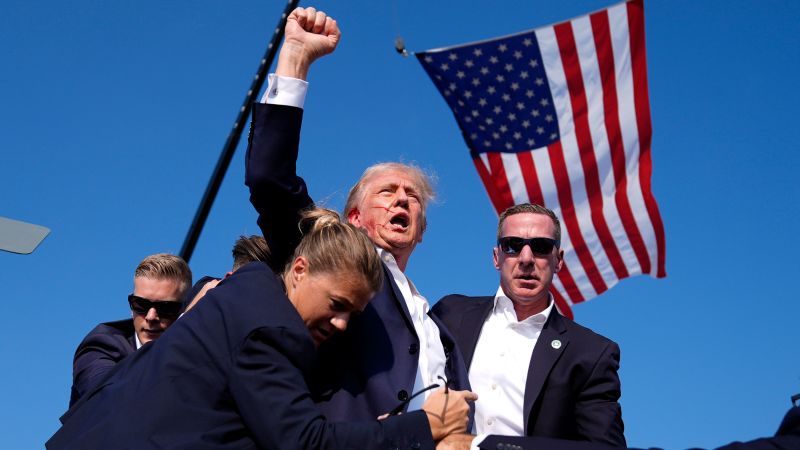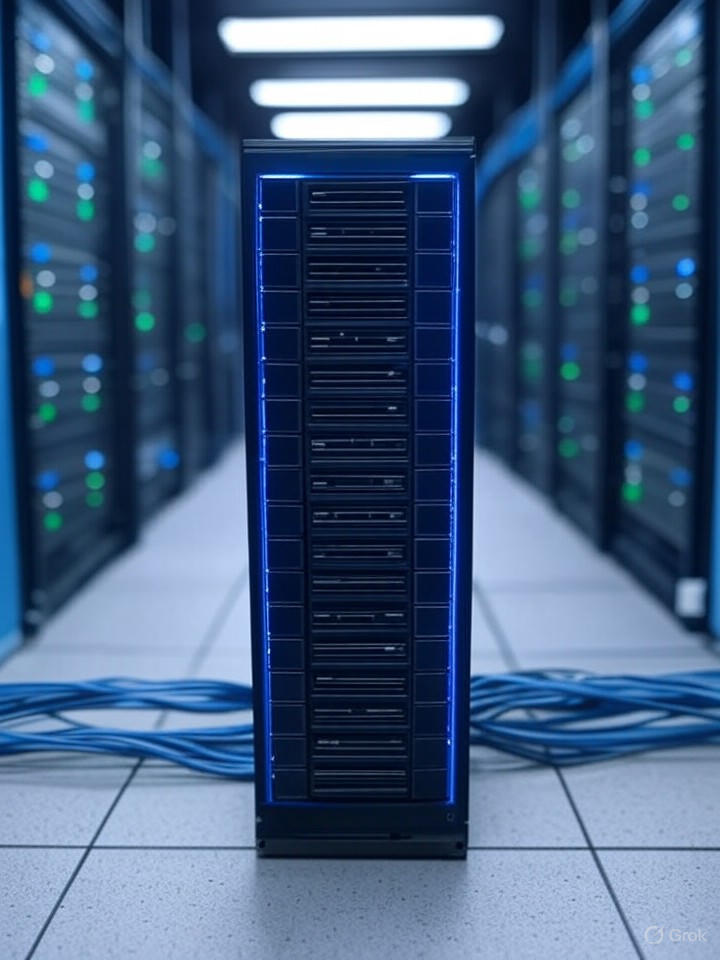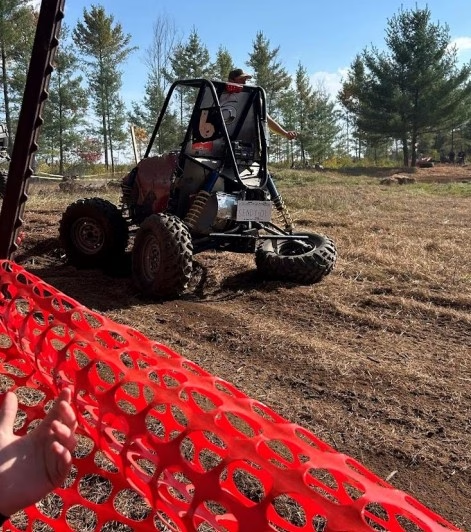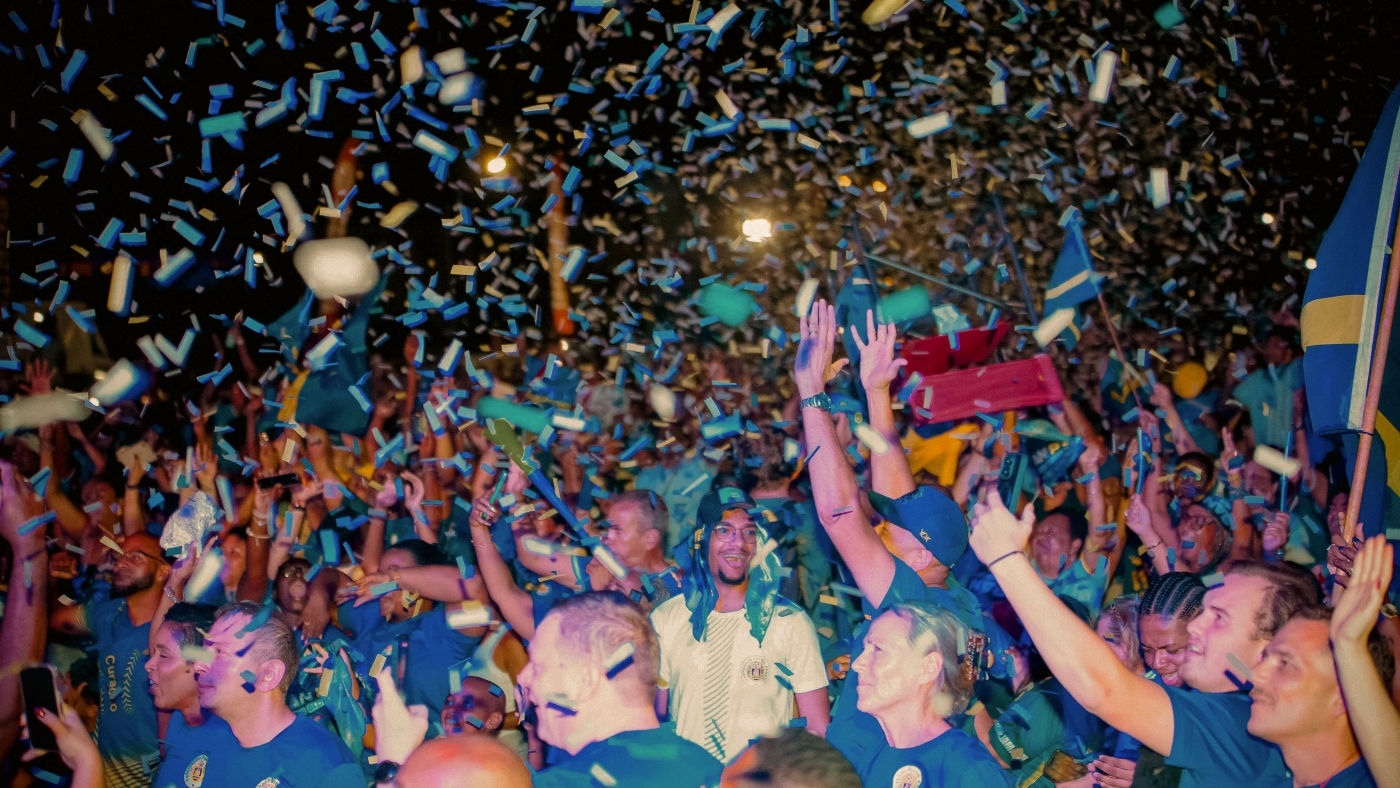One Year After Assassination Attempt: Trump’s Campaign Transformation

On July 13, 2024, an assassination attempt on former President Donald Trump during a campaign rally in Butler, Pennsylvania, dramatically altered the trajectory of his bid for the presidency. The chaotic scene unfolded as gunfire erupted, raising immediate concerns for Trump’s safety and the potential impact on his political ambitions. In the days following the incident, it became clear that both his campaign and the broader MAGA movement would be irrevocably affected.
Within 48 hours of the assassination attempt, Trump announced former Senator JD Vance as his vice presidential running mate. Just three days later, Trump made a striking appearance at the Republican National Convention in Milwaukee, donning a bandage over an ear grazed by a bullet. The atmosphere shifted further when President Joe Biden announced his withdrawal from the race, following a poorly received debate performance in June.
The Butler incident personalised the campaign for Trump and his team. An official from the White House, who also worked on the Trump 2024 campaign, stated that the event led to a strategic decision to intensify Trump’s campaign schedule. They aimed to demonstrate that Trump was more committed than ever to winning. “If people were going to try to do this, we were going to go even harder,” the official remarked. “It became bigger than the election.”
Trump’s Resilience Captivates Supporters
As chaos erupted on stage, Trump fell to the ground but quickly rose, blood on his face, and defiantly raised his fist, shouting “Fight, fight, fight!” This moment resonated deeply with his supporters and marked a turning point in his campaign. Trump understood the importance of projecting strength, especially in the aftermath of such a violent act.
The image of a bloodied Trump became iconic, quickly turning into a rallying cry for the MAGA movement. Within days, merchandise emblazoned with the slogan “fight!” appeared at rallies and events. The photo of Trump, framed in both the West and East Wings of the White House, has since become a symbol of resilience and determination.
In the weeks following the assassination attempt, Trump expressed a belief that divine intervention had saved him that day. He often recounted the moment, suggesting that if he had not turned his head at the right time, the outcome could have been different. This belief reinforced his conviction that he had a mandate to lead and solidified his narrative among supporters.
Campaign events frequently feature a chart detailing US-Mexico border crossings from his previous administration, which Trump insisted played a role in saving his life during the shooting. He has referred to this chart with fondness, emphasizing its significance in his speeches.
Supporters Rally After the Incident
The reaction among Trump’s supporters was palpable. Many expressed fear and anger in the immediate aftermath of the shooting, attributing rising animosity toward Trump to media and political narratives. Rally attendee Joan Rimenschneirder articulated a common sentiment, sharing her sadness about the violence in America and her fear for Trump supporters. Yet, she also found inspiration in Trump’s defiant response.
Months later, Trump returned to Butler to deliver the speech he had not been able to give on the day of the shooting. He referred to this return as “unfinished business,” fulfilling a promise to his supporters. This sentiment echoed among attendees, who expressed a collective determination to stand by Trump despite the fear instilled by the violence.
Trump’s second visit to Butler attracted many of the same supporters, who were undeterred and eager to demonstrate their loyalty. Teresa Boyd, who attended both rallies, emphasized her commitment to support Trump, stating, “If he could come back, I could come back to support him.”
The events in Butler not only reshaped Trump’s campaign but also revitalized the passion of his supporters, who rallied around the narrative of resilience and strength in the face of adversity. The assassination attempt ultimately served to galvanize the MAGA movement and solidify Trump’s resolve to reclaim the presidency.
As the political landscape continues to evolve, the significance of that day remains a pivotal moment in the context of the 2024 election and beyond. The impact of the Butler shooting on both Trump and his supporters underscores the intertwining of personal conviction and political ambition in modern American politics.






